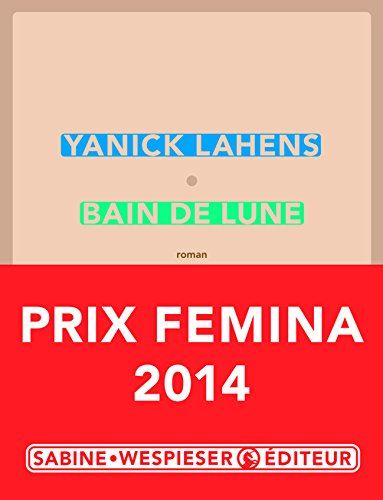 | Women in French |
"Un Livre, Un WIF" : Selections Anciennes |
WIF UK and WIF North America 2023-2024:
La Vérité sort de la bouche du cheval, Meryem Alaoui
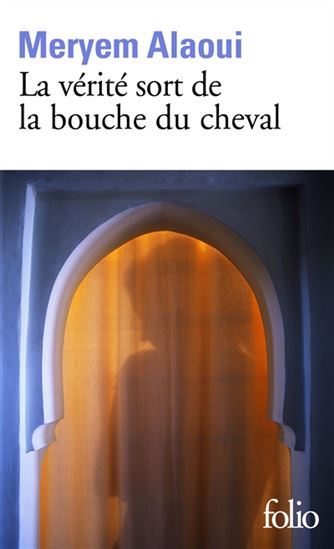 The book is an enjoyable read. It takes the reader to the Zevaco Market of Casablanca, Morocco and shows the way of life of the regulars who inhabit the market. It is a colorful and riotously funny account. Because Morocco has a predominantly Muslim culture, we gain insight into the family and how families might deal with women who work as prostitutes.
The book is an enjoyable read. It takes the reader to the Zevaco Market of Casablanca, Morocco and shows the way of life of the regulars who inhabit the market. It is a colorful and riotously funny account. Because Morocco has a predominantly Muslim culture, we gain insight into the family and how families might deal with women who work as prostitutes.
The book is full of surprises. We encounter the betrayal of a lazy husband; the resourcefulness and humor of the protagonist who makes a life for herself and her daughter; the solidarity of ordinary Moroccan neighborhood people; the opportunity to be part of a film production.
We get short glimpses of stays in hospitals, health care, etc.
It is unusual to find a prostitute as the protagonist of a novel, especially since such s life is fraught with danger and risk but the hilarity of the heroine’s lifestyle and viewpoint make a potentially difficult and ugly life palatable and somehow endearing.
American readers will have lots of cultural comparisons to make. We learn about the condition of women who experience economic difficulties, the place of religion and the reverence and influence of religious leaders. It is all told with a raw honesty and lives of the struggling working class in Morocco.
Withal, the author does not overtly promote or condemn any specific cause but revels in the telling of an unusual tale. If anything, our uniqueness as individuals within cultures is contested by many common desires and tendencies as human beings.
Meryem Alaoui was nominated for the prestigious Goncourt prize in September 2018. She is the daughter of poet and former Moroccan MP Driss Alaoui M’Dghari and wife, former journalist, Ahmed Reda Benchemsi, Director of Human Rights Watch for the Arab World.*
*Nominated by Maria Traub
WIF North America 2022:Bermudes, Claire LegendreClaire Legendre débute sa carrière d’écrivaine à l’âge de 18 ans avec la publication de Making of (1998), un polar parrainé par le dramaturge espagnol Fernando Arrabal. Son * Written and nominated by Michèle Schaale |
WIF UK Ireland 2021:Kuessipan, Naomi Fontaine
This is a very timely novel to choose in light of recent and ongoing debates around settler-Indigenous relation in Quebec (for example, the Wet’suwet’en protests in early 2020). Fontaine is interested in the interrelatedness between language, body, and land in Indigenous women’s experiences in Quebec. Her writing is representative of a highly marginalized voice and a genre that is largely absent from Francophone literary studies. Her work raises questions about the double discrimination faced by Indigenous women in Quebec – firstly as Indigenous, secondly as women. Choosing this book would mark an important step in the long overdue recognition of Francophone Indigenous Women Writers and would no doubt raise important questions relating to reconciliation and social justice. Naomi Fontaine is a French language writer from Quebec. Noted as one of the most prominent First Nations writers in contemporary francophone Canadian literature. She is the author of two novels: Kuessipan (2011) and Manikanetish (2017). Her novel Kuessipan has been adapted by Myriam Verreault into the 2019 feature film of the same title.* *Written and nominated by Siobhan McIlvanney |
WIF North America 2020:L'Écorchée Vive, Claire Legendre
*Written and nominated by Michèle Schaal |
WIF North America 2018 and WIF UK 2017: Camille en octobre, Mireille Best
We are also very excited to announce the publication of Dr. Schechner's translation of this novel by the University of Chicago Press. It also has the distinction of being the first book published in Seagull Books new Pride List. |
WIF North America 2016:Bain de Lune, Yanick Lahens
Yanick Lahens est née à Port-au-Prince en 1953. Elle fait ses études secondaires et supérieures en France, avant de retourner en Haïti pour enseigner la littérature à l’université d’État jusqu’en 1995. Longtemps professeur, mais aussi journaliste – elle a collaboré à différentes revues et a animé l’émission « Entre nous » sur Radio Haïti Inter –, elle consacre aujourd’hui une grande partie de son temps au développement social et culturel de son pays. Après avoir coordonné un temps les activités d’une plateforme de la société civile – son action a été saluée en 2007 par le Collectif féminin haïtien –, elle est désormais cofondatrice de l’Association des écrivains haïtiens, qui lutte contre l’illettrisme. Elle a également créé, en 2008, « Action pour le changement » (APC), destiné à former les jeunes générations aux stratégies de développement durable, à les sensibiliser à des questions d’intérêt national et à renforcer le lien social, notamment à travers la réalisation de courts-métrages. Cette fondation a aussi permis la construction de quatre bibliothèques supplémentaires en Haïti. Aujourd’hui membre du Conseil international d'études francophones, elle a également fait partie du cabinet du ministre de la Culture, Raoul Peck, entre 1996 et 1997. En 1998, elle a dirigé le projet « la Route de l’esclavage », qui s’intéressait à la problématique de l’esclavage, en Haïti, à travers les sciences et les arts. En 2014, elle s’est vu décerner le titre d’officier des Arts et des Lettres par l’ambassadeur de France en Haïti. Grande figure de la littérature haïtienne – elle a reçu en 2011 le prix d’Excellence de l’Association d’études haïtiennes pour l’ensemble de son œuvre –, elle brosse sans complaisance le tableau de la réalité caribéenne dans chacun de ses livres. Elle est l’auteur d’essais – entre autres, L’Exil : entre l’ancrage et la fuite, l’écrivain haïtien (Deschamps, 1990) –, et de nouvelles, notamment Tante Résia et les Dieux (L’Harmattan, 1994). En 2000, paraît aux éditions du Serpent à plumes son premier roman, Dans la maison du père. Chez Sabine Wespieser éditeur, elle publie en 2008 La Couleur de l’aube, qui est distingué par plusieurs prix (prix du livre RFO 2009, prix littéraire Richelieu de la Francophonie 2009, prix Millepages 2008), et en 2010 son récit Failles, inspiré du séisme qui a frappé Haïti la même année. Puis, en 2013, Guillaume et Nathalie rencontre une très bonne réception critique : il obtient le prix Carbet des lycéens 2014 et le prix Caraïbes de l'ADELF 2013. En septembre 2014, elle publie Bain de lune (toujours chez Sabine Wespieser éditeur), son grand roman de la terre haïtienne, fruit de plusieurs années de travail, qui obtient le prix Femina. |
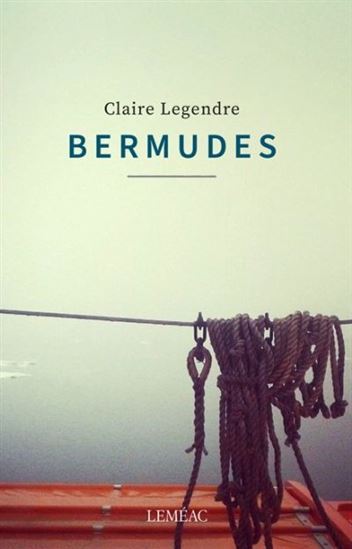
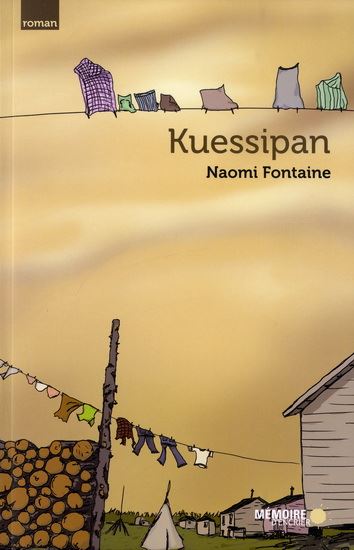 Kuessipan (2011) is Fontaine’s debut novel and received much critical acclaim both within Canada and internationally. It is a fascinating and complex portrait of life on an Innu First Nations reserve in North-Eastern Quebec. Through a series of poetic vignettes, the novel delves into the troubled inner worlds of the residents of the reserve and explores this community’s tormented past and difficult present — one marked by rampant substance abuse, widespread teenage pregnancy, social and economic deprivation, discrimination and linguistic and identitary dislocation.
Kuessipan (2011) is Fontaine’s debut novel and received much critical acclaim both within Canada and internationally. It is a fascinating and complex portrait of life on an Innu First Nations reserve in North-Eastern Quebec. Through a series of poetic vignettes, the novel delves into the troubled inner worlds of the residents of the reserve and explores this community’s tormented past and difficult present — one marked by rampant substance abuse, widespread teenage pregnancy, social and economic deprivation, discrimination and linguistic and identitary dislocation.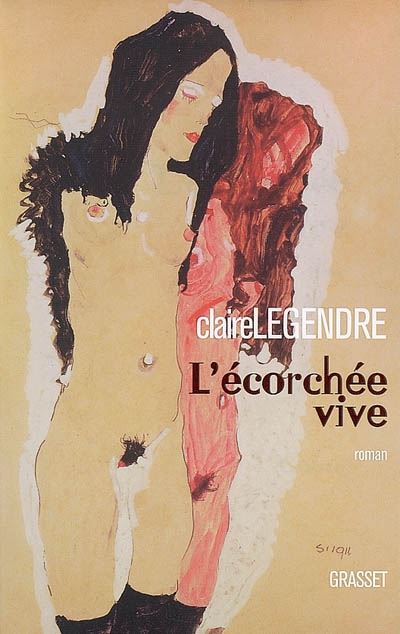 L’Écorchée vive constitue la cinquième et dernière fiction que Legendre publie dans les années 2000. Il représente son ouvrage de maturité avant le virage narratif que prend son écriture dans les années 2010. Le roman se focalise sur Barbara Schmerz, une jeune femme née gravement défigurée et qui subit une opération chirurgicale afin qu’elle puisse intégrer la société. Le roman alterne chapitres sur la situation présente de Barbara (elle a un nouveau visage et peu connaissent son passé) et ceux sur les multiples obstacles et rejets qu’elle subit dans son enfance en raison de sa « monstruosité ». L’Écorchée vivepropose ainsi une réflexion sur ce que signifie être l’Autre, mais se penche également sur l’identité de genre au féminin et comment celle-ci peut se construire lorsqu’une femme ou fille ne peut se conformer aux idéaux en vigueur. Legendre (se) joue également de plusieurs conventions narratives. Fidèle au polar, genre qu’elle a déployé dans ses premiers ouvrages, Legendre insère également une seconde trame narrative à son cinquième roman : quelqu’un semble vouloir saboter la nouvelle vie de Barbara. Pourtant, cette trame n’est différente qu’en apparence et participe de la réflexion de Legendre sur l’altérité et la marginalité. Enfin, l’alternance de chapitres, l’utilisation de dialogue à la première personne rendent la narration essentiellement ambiguë : en dépit de la troisième personne, l’on peut difficilement déterminer qui est le narrateur / la narratrice.*
L’Écorchée vive constitue la cinquième et dernière fiction que Legendre publie dans les années 2000. Il représente son ouvrage de maturité avant le virage narratif que prend son écriture dans les années 2010. Le roman se focalise sur Barbara Schmerz, une jeune femme née gravement défigurée et qui subit une opération chirurgicale afin qu’elle puisse intégrer la société. Le roman alterne chapitres sur la situation présente de Barbara (elle a un nouveau visage et peu connaissent son passé) et ceux sur les multiples obstacles et rejets qu’elle subit dans son enfance en raison de sa « monstruosité ». L’Écorchée vivepropose ainsi une réflexion sur ce que signifie être l’Autre, mais se penche également sur l’identité de genre au féminin et comment celle-ci peut se construire lorsqu’une femme ou fille ne peut se conformer aux idéaux en vigueur. Legendre (se) joue également de plusieurs conventions narratives. Fidèle au polar, genre qu’elle a déployé dans ses premiers ouvrages, Legendre insère également une seconde trame narrative à son cinquième roman : quelqu’un semble vouloir saboter la nouvelle vie de Barbara. Pourtant, cette trame n’est différente qu’en apparence et participe de la réflexion de Legendre sur l’altérité et la marginalité. Enfin, l’alternance de chapitres, l’utilisation de dialogue à la première personne rendent la narration essentiellement ambiguë : en dépit de la troisième personne, l’on peut difficilement déterminer qui est le narrateur / la narratrice.*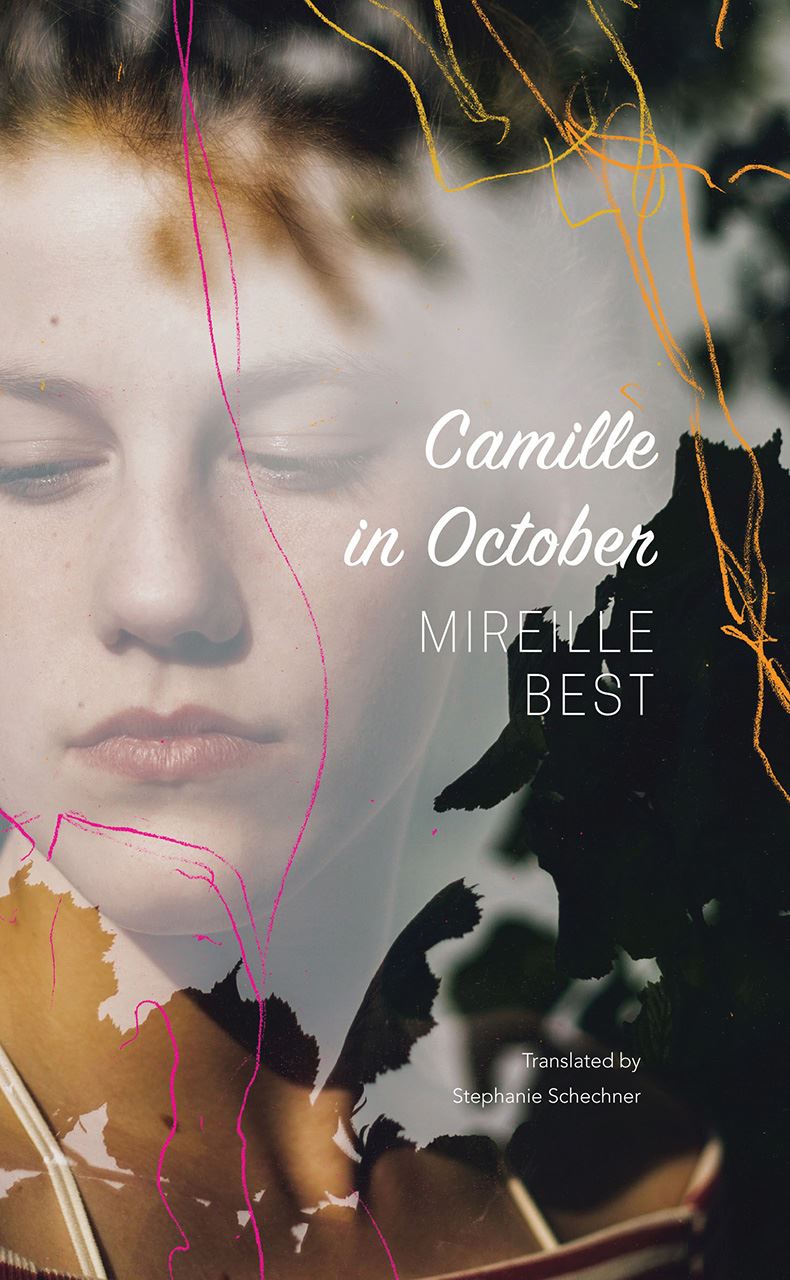 Please find a bibliography of Mireille Best's work created by Stephanie Schechner
Please find a bibliography of Mireille Best's work created by Stephanie Schechner 